Taste and Flavor of Lanshan No.1 Coffee introduction to the characteristics and grades of authentic Blue Mountain Coffee beans
Professional coffee knowledge exchange more coffee bean information please follow the coffee workshop (Wechat official account cafe_style)
For more boutique coffee beans, please add private Qianjie coffee on Wechat. WeChat account: qjcoffeex
Located in the Blue Mountains in eastern Jamaica, it is famous for producing the world's finest coffee. As the highest mountain in the Caribbean, it maintains a foggy climate all the year round. It is known as the Blue Mountain when the sun shines on the blue sea and reflects the light on the foggy top of the mountain.
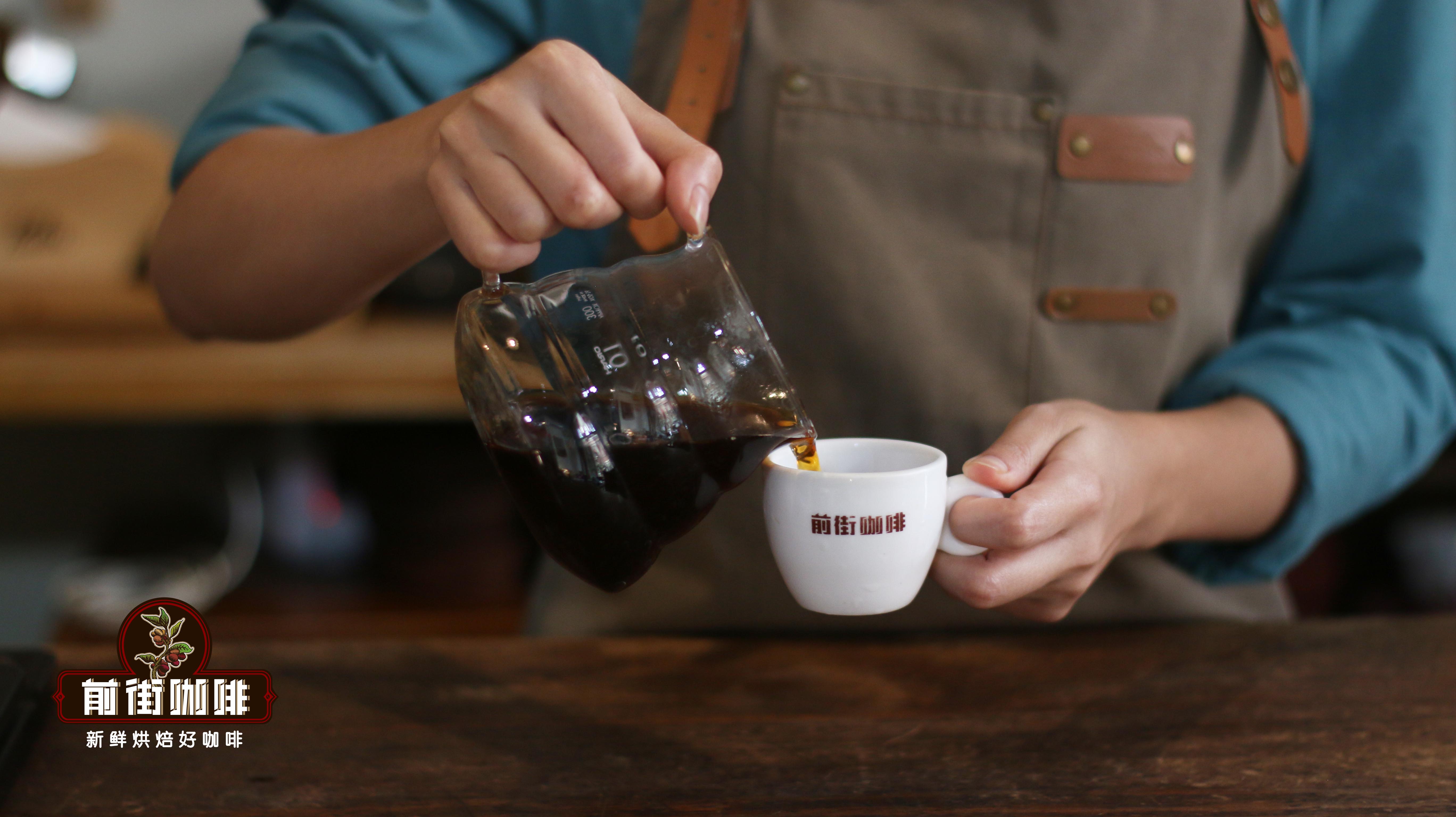
Compared with the coffee production in other producing areas, the real Blue Mountain coffee produces no more than 900 tons a year, and then sold all over the world, the price will certainly not be cheap, but it will not be particularly expensive.
Therefore, we need to pay special attention when we see a lot about the flavor of Blue Mountain coffee in supermarkets and convenience stores, or when coffee shops sell about the blending of blue mountain flavor.
What kind of coffee can be called Blue Mountain Coffee?
The definition of Blue Mountain Coffee is very strict. Just as wine is distinguished by estate or variety, only the Ironka varieties grown in the 900-1700m legal planting area on the eastern side of the island of Jamaica can be called Blue Mountain Coffee.
The coffee grown at 450,900 above sea level is called "Jamaica High Mountain", while those below this range are called "Jamaica preferred coffee" (Jamaica Supreme) or "Jamaica low mountain bean" (Jamaica Low Mountain).
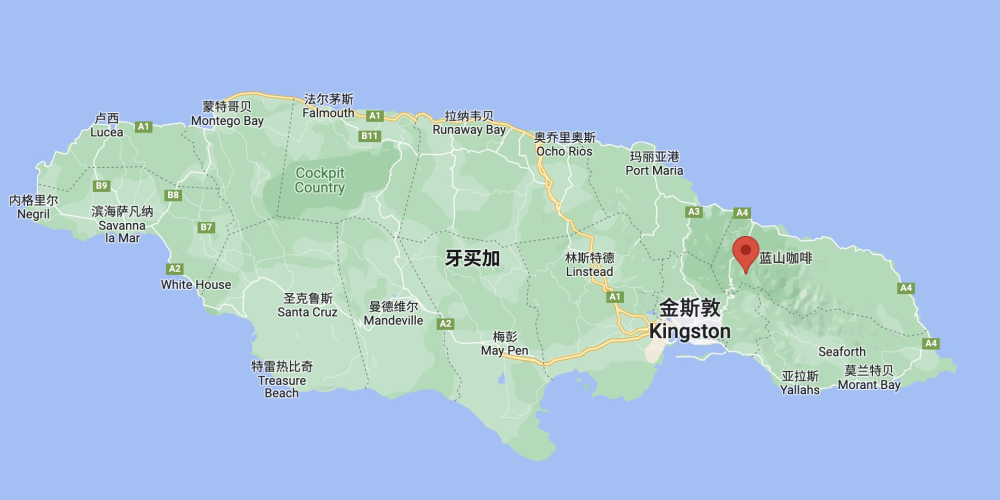
"Why don't you plant it again?" Because areas above 1700 meters are ecological forest reserves in the country, coffee beans are not allowed to be grown by law. As a result, only about 25% of the coffee beans in Jamaica are known as Blue Mountain Coffee.
As the saying goes, Blue Mountain Coffee has a great reputation, so there are a lot of counterfeit products on the market. In order to identify the authenticity of Blue Mountain Coffee to consumers, the Jamaican government stipulates that all exported Blue Mountain coffee beans need to be loaded in wooden buckets. At the same time, the Jamaican Coffee Bureau can issue certificates for all exported Blue Mountain Coffee.
There are three types of certificates:
(1) Certificate of quality issued by the Jamaican Coffee Agency
(2) the authorized sales certificate issued by the blue mountain coffee manufacturer.
(3) Certificate of origin of Jamaica Blue Mountain Coffee
The quality certificate indicates the time and quantity. The Jamaica Coffee Bureau randomly selects a package from the Blue Mountain Coffee for inspection, and issues a certificate if the conditions of the Blue Mountain Coffee are met.
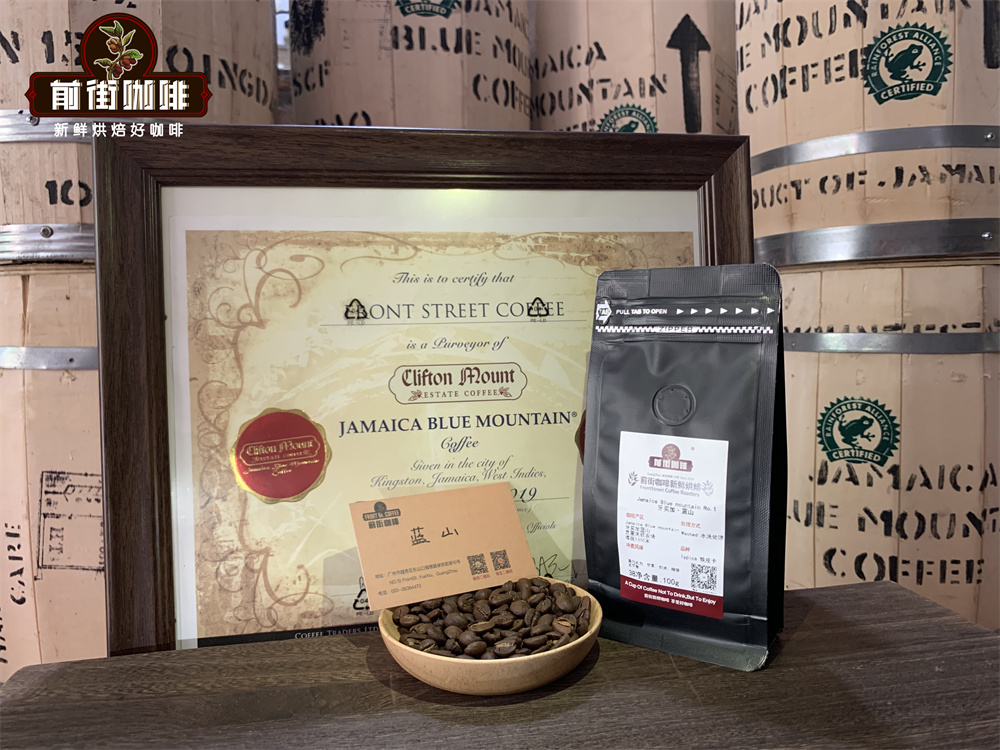
Where can I buy authentic Blue Mountain No. 1 coffee?
Blue Mountain Coffee is mainly grown in Saint Andrew, Saint Thomas, Portland and Saint Mary in the Blue Mountains. In the Andrew producing area, there is Clifton Manor, the oldest coffee growing place in Jamaica.
Clifton Manor can be said to be the most innovative manor in the Blue Mountain area, which launched the sun-cured version of Blue Mountain No. 1 Coffee and Blue Mountain Rose Summer Coffee in 2019-20. Prior to this, all the coffee sold in Lanshan were washed tin cards.
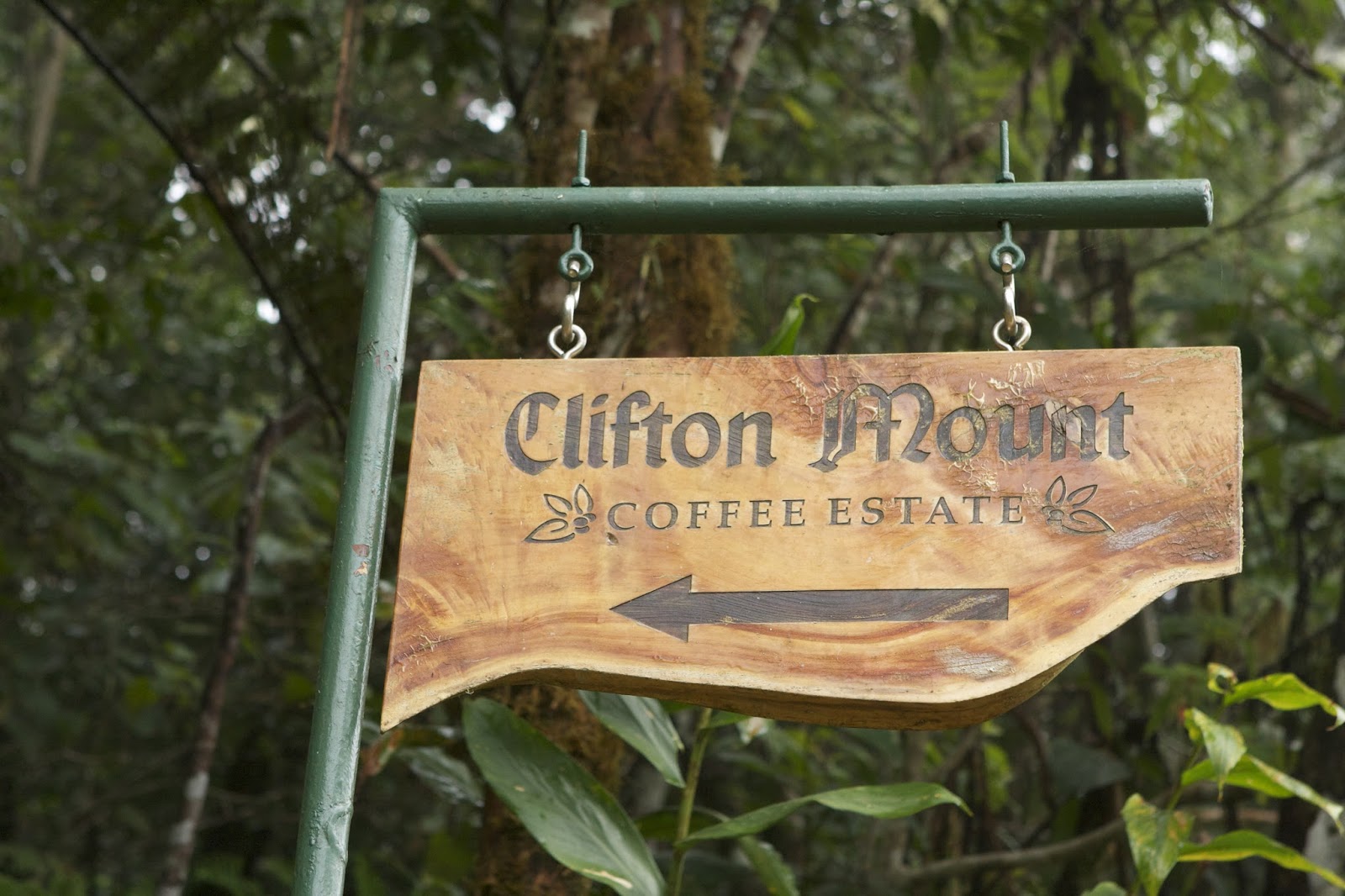
The Jamaican Blue Mountain No. 1 coffee beans currently sold on Qianjie Coffee are from this ancient Blue Mountain Coffee. The offline store of Qianjie Coffee can see the certification issued by Clifton Manor and the Blue Mountain Coffee barrel with the Green Water Frog (Rainforest Alliance Certification) logo.
The offline store of Qianjie Coffee can see the certification issued by Clifton Manor and the Blue Mountain Coffee barrel with the Green Water Frog (Rainforest Alliance Certification) logo.
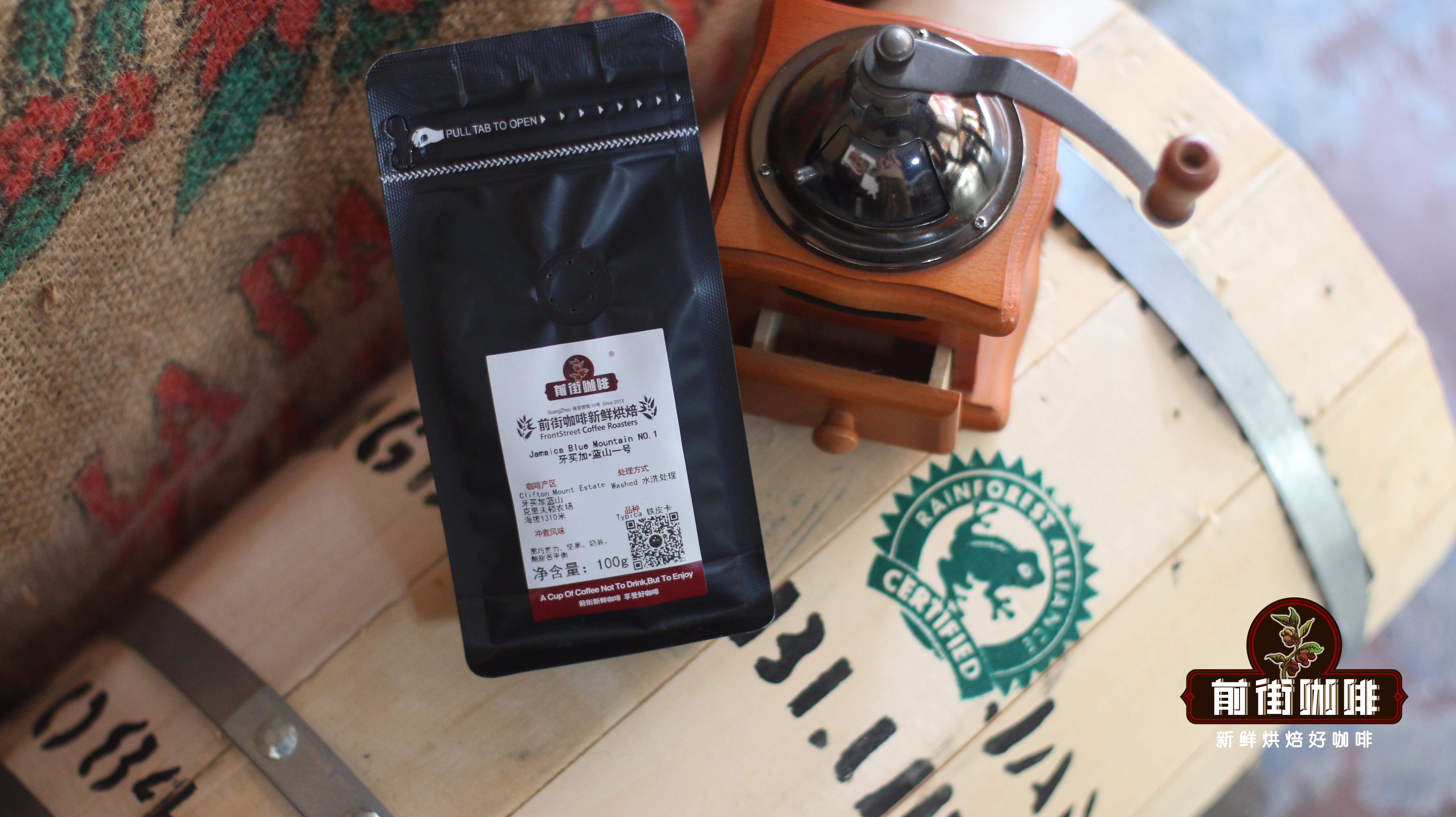
In order to reach the blue mountain 1 grade coffee beans, 96% of the coffee fruit size must be more than 17 mesh, and the defect rate of the treated coffee beans must not exceed 2%; the uniformity of coffee particles and high quality can make the coffee beans heated more evenly in the roasting process, and the taste of coffee will be more clean and balanced.
How do blue mountain one coffee beans taste better?
In order to preserve the sweet, sour and bitter balance and mellow and solid taste of Lanshan No. 1 coffee, Qianjie coffee is roasted to a medium and deep degree. Since the shipments are all freshly roasted coffee beans within 5 days, when you receive the blue mountain coffee beans, you don't have to worry about drinking them, but raise the beans first, that is, the time for the coffee beans to release carbon dioxide from the body on their own.
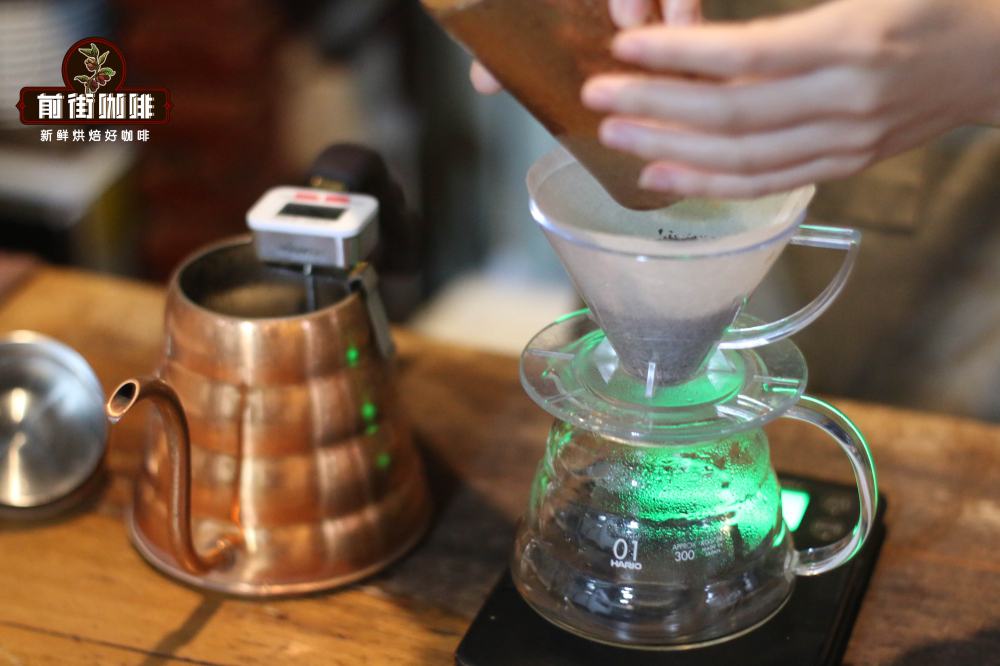
Put the original packaging of coffee beans sealed to 5-6 days after the baking date before brewing, the coffee flavor will be better Oh ~ only fresh roasting and proper cultivation of beans, there will be a better aroma and flavor performance, and more stable extraction.
For Lanshan No. 1 coffee to show its mellow and balanced characteristics, Qianjie coffee is recommended to be extracted at a lower water temperature, along with a low and slow flow rate Kono filter cup, in order to ensure that the coffee substance is extracted as much as possible under low water temperature conditions.
Qianjie coffee brewing parameters suggested: Kono filter cup, 88C water temperature, powder-water ratio at 1:15, 15g powder weight, grinding degree: sugar size (20 standard sieve pass rate 70%).
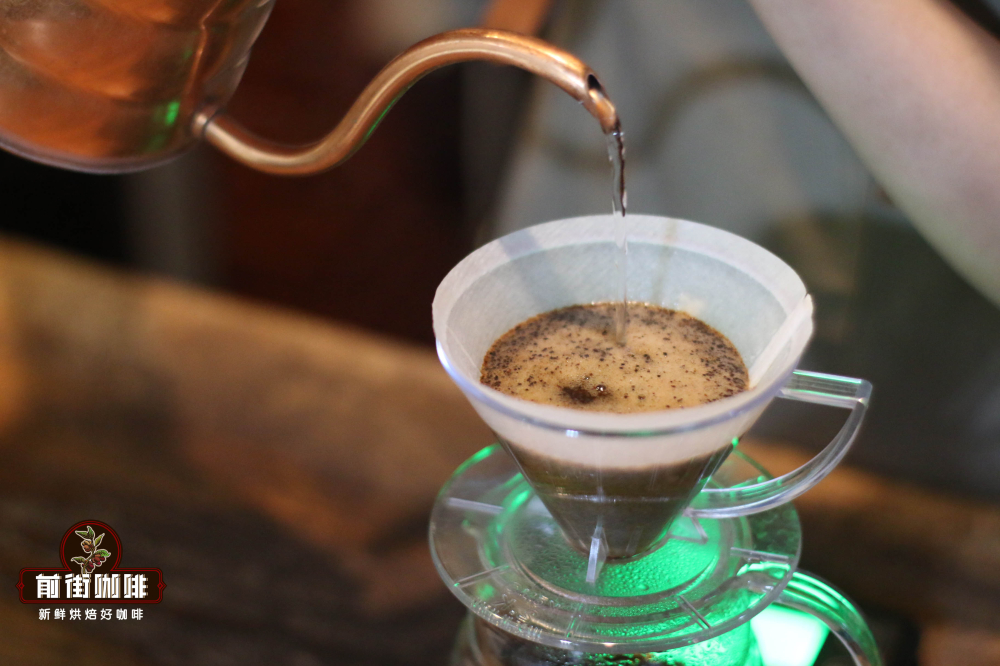
The extraction techniques are as follows: 30 grams of water is injected into the first stage for steaming for 30 seconds, and the second stage is injected into about 125 grams of water, then wait for the coffee liquid to drop, and when it falls to half, the last section of water is injected to 225 grams. Wait for all the coffee drops to lag behind before ending the extraction, the general total extraction time is about 2 minutes and 10 seconds.
Qianjie can smell the aroma of caramel in the steaming stage of Blue Mountain No.1 coffee beans. It tastes rich nuts and dark chocolate. The overall taste is full and the aftertaste is sweet and clear.
Important Notice :
前街咖啡 FrontStreet Coffee has moved to new addredd:
FrontStreet Coffee Address: 315,Donghua East Road,GuangZhou
Tel:020 38364473
- Prev
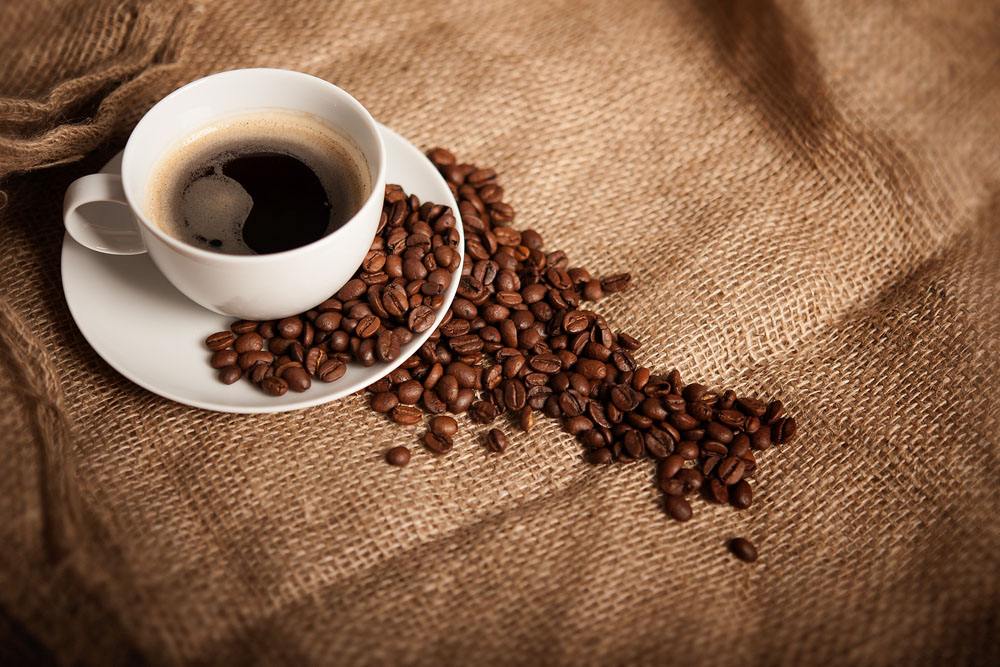
Blue Mountain Coffee is the name of Blue Mountain Coffee.
Pay attention to the coffee comment (Weixin Official Accounts vdailycom ) and find that the name of Blue Mountain Coffee comes from Blue Mountain Coffee, which is produced on the Caribbean island of Jamaica. The island is traversed by many mountains. These mountain slopes are the main producing areas of Jamaica coffee. The Blue Mountains, northeast of Jamaica's capital, are just one of these mountains. This mountain.
- Next
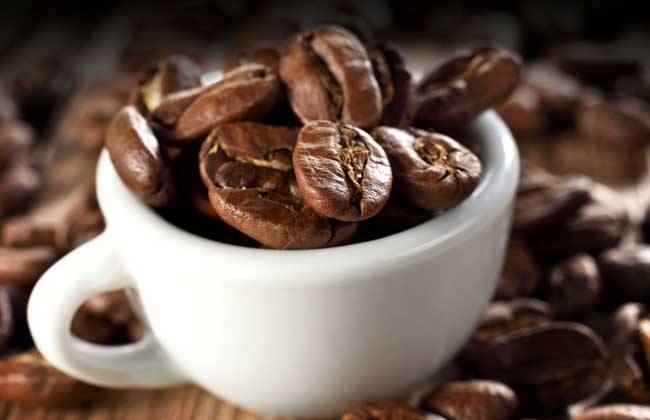
Blue mountain coffee brewing, blue mountain coffee flavor
Following Cafe Review (Wechat official account vdailycom) found that Blue Mountain Coffee should be tasted as carefully as wine when it opens a small shop of its own. Using a siphon coffee pot to brew blue mountain coffee powder can best reflect its unique taste. Coffee should be drunk while it is hot, because the taste and aroma of coffee will be discounted as the temperature cools. Taste the coffee.
Related
- Detailed explanation of Jadeite planting Land in Panamanian Jadeite Manor introduction to the grading system of Jadeite competitive bidding, Red bid, Green bid and Rose Summer
- Story of Coffee planting in Brenka region of Costa Rica Stonehenge Manor anaerobic heavy honey treatment of flavor mouth
- What's on the barrel of Blue Mountain Coffee beans?
- Can American coffee also pull flowers? How to use hot American style to pull out a good-looking pattern?
- Can you make a cold extract with coffee beans? What is the right proportion for cold-extracted coffee formula?
- Indonesian PWN Gold Mandrine Coffee Origin Features Flavor How to Chong? Mandolin coffee is American.
- A brief introduction to the flavor characteristics of Brazilian yellow bourbon coffee beans
- What is the effect of different water quality on the flavor of cold-extracted coffee? What kind of water is best for brewing coffee?
- Why do you think of Rose Summer whenever you mention Panamanian coffee?
- Introduction to the characteristics of authentic blue mountain coffee bean producing areas? What is the CIB Coffee Authority in Jamaica?

